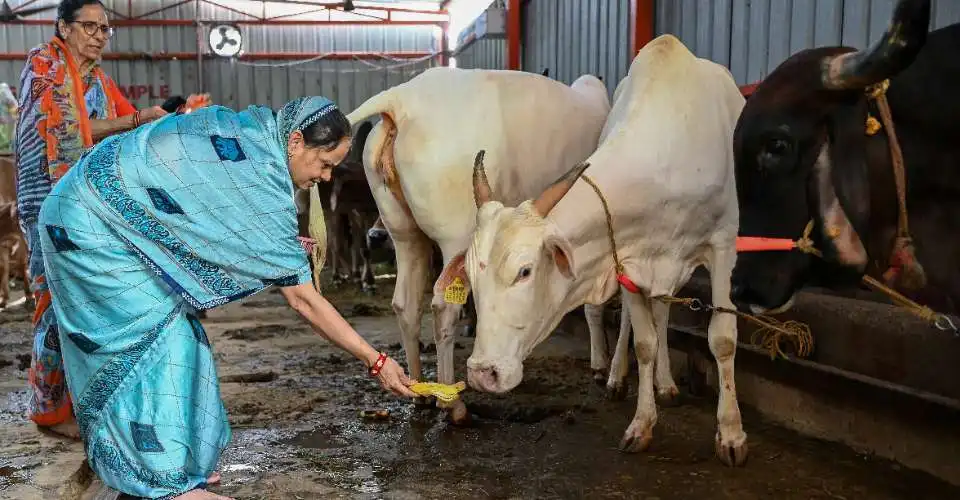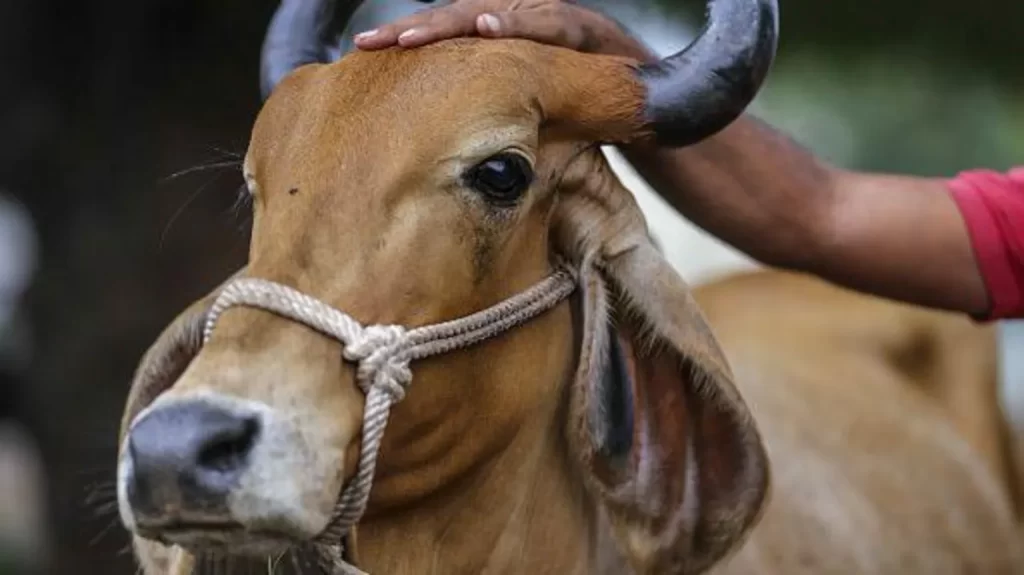The northeastern Indian state of Assam announced Wednesday a ban on beef consumption in public places, including restaurants and events, expanding earlier restrictions that prohibited beef sales near temples and religious sites.

Chief Minister Himanta Biswa Sarma announced the measure while noting that residents can still purchase and consume beef in private homes and establishments. The decision extends a 2021 law that banned beef sales in areas populated by Hindus, Jains, and Sikhs.
The ban intensifies India’s complex relationship with beef consumption, particularly significant in a country where Hindus, who comprise 80% of the population, consider cows sacred. Approximately two-thirds of India’s 28 states have implemented partial or complete bans on cattle slaughter and beef consumption, though some permit buffalo meat.
The announcement follows political controversy after opposition Congress party alleged Sarma used beef to win support in Samaguri, a Muslim-majority constituency. Sarma responded by suggesting he would consider a complete beef ban if Congress desired it.

Critics, including All India United Democratic Front member Hafiz Rafiqul Islam, questioned the selective implementation: “If they cannot ban beef in Goa or other northeastern states, why in Assam?” Some BJP-ruled states, including Goa and Arunachal Pradesh, still permit beef sales and consumption.
In recent years, cow protection has become increasingly politicized, with vigilante groups in many states accused of violently targeting Muslim meat sellers, cattle traders, and Dalits, for whom beef provides an affordable protein source.



